What Does a Failure to Stop Ticket Entail?
A failure to stop ticket is issued when a driver does not come to a complete halt at a sign or red light, as mandated by law. This type of violation in Ontario is taken seriously as it poses a significant risk to road safety. Common scenarios leading to such tickets include rolling stops, where a vehicle slows down but does not fully stop, and completely ignoring the stop sign or red light. The implications of receiving a ticket for running a stop sign can be severe, affecting your driving record, insurance rates, and financial situation due to fines and penalties.
The main components of a failure to stop violation include:
- Legal Requirement: Drivers must come to a full and complete stop at a sign or red light.
- Observation: The infraction is typically observed by a police officer or captured on a traffic camera.
- Issuance of Ticket: The driver is then issued a ticket detailing the nature of the offense, the location, and the time.
Understanding these elements is crucial in formulating a defence and addressing the ticket effectively.
Gathering Evidence to Support Your Case
When disputing a failure to stop ticket, gathering robust evidence is essential. This evidence can substantiate your claims and challenge the accuracy of the officer’s observation. Key types of evidence include:
- Witness Statements: Testimonies from passengers or bystanders who can attest to your actions at the stop sign. These statements can be critical if they provide a different perspective from the officer’s account.
- Photographs or Videos: Visual proof showing the stop sign or traffic signal, your vehicle’s position, and road conditions. Photos taken immediately after the incident can demonstrate the visibility of the sign and the stopping area.
- Traffic Camera Footage: Request footage from traffic cameras that might have recorded the incident. This can be particularly powerful if it shows your vehicle stopping or the conditions that led to the alleged failure to stop.
- Police Report: Obtain a copy of the police report to understand the officer’s perspective and any notes made during the incident. This report can reveal critical details about the officer’s observations and the context of the stop.
Legal Defenses to Fight a Failure to Stop Ticket
Several legal defenses can be used to fight a failure to stop ticket. These defences challenge the validity of the ticket based on various factors:
- Inadequate Signage: Arguing that the stop sign was obscured or not properly visible due to overgrown vegetation, poor placement, or lack of illumination. Photographic evidence can support this claim.
- Stopping Position: Demonstrating that you did stop, but perhaps not exactly where the officer expected. This can include stopping slightly ahead of the stop line due to safety concerns or obstructions.
- Emergency Situations: Proving that a sudden medical emergency or another urgent situation necessitated the failure to stop. This defense requires credible evidence, such as medical records or witness testimony.
- Challenging the Officer’s Observation: Questioning the officer’s line of sight or the accuracy of their observation. This can involve showing that the officer’s view was obstructed or that traffic conditions made it difficult to accurately assess the stop.
How to Fight a Failure to Stop Ticket?
To fight a failure to stop ticket, follow these steps systematically:
- Review the Ticket: Carefully read the ticket to understand the charges and any notes made by the officer. Note the specific location, time, and details of the alleged violation.
- Request a Court Date: File a request to contest the ticket in court. This step is crucial as it indicates your intention to dispute the charges.
- Gather Evidence: Collect all relevant evidence that can support your case. Ensure that you have multiple forms of evidence to strengthen your defense.
- Prepare Your Defense: Develop a clear and concise argument based on the evidence gathered. Organize your points logically and ensure that each piece of evidence supports your case.
- Present Your Case: On the court date, present your evidence and defense clearly and confidently. Be respectful to the judge and articulate your points succinctly.
Tips for Representing Yourself in Traffic Court
If you choose to represent yourself in traffic court, consider these tips to improve your chances of success:
- Be Prepared: Bring all your evidence organized and ready to present. Ensure you have copies of all documents and that they are in a logical order.
- Understand the Law: Familiarize yourself with the specific traffic laws and regulations in Ontario. Knowing the legal requirements can help you identify weaknesses in the prosecution’s case.
- Stay Professional: Dress appropriately and conduct yourself with respect and professionalism in court. Your demeanor can influence the judge’s perception of your credibility.
- Practice Your Argument: Rehearse your defense to ensure you can present it clearly and concisely. Practice speaking confidently and responding to potential questions from the judge.
When to Consider Hiring a Traffic Lawyer or Paralegal?
While it is possible to represent yourself, it is always a good idea to hire a professional. Here’s why:
- Complex Cases: Traffic law involves numerous technicalities and legal nuances. A professional is adept at navigating these complexities, ensuring no detail is overlooked. Whether your case involves multiple violations or intricate legal issues, a lawyer or paralegal will provide the expertise needed to build a strong defense.
- Significant Penalties: The stakes are high when facing severe penalties such as hefty fines or multiple demerit points. Professional representation can be invaluable in mitigating these consequences. A skilled lawyer or paralegal understands how to argue effectively to reduce or even dismiss penalties.
- Lack of Legal Knowledge: Traffic laws and court procedures can be daunting for those without legal training. Professionals are well-versed in the relevant statutes, case law, and procedural rules. They can guide you through the process, ensuring that all legal protocols are followed and that your rights are protected.
- Financial Savings: While hiring a lawyer or paralegal involves an upfront cost, it can save you money in the long run. Successfully fighting a ticket can prevent fines, avoid demerit points, and keep your insurance premiums from skyrocketing. The financial benefits of reduced penalties and maintained insurance rates often outweigh the initial expense of professional legal assistance.
Hiring a traffic lawyer or paralegal ensures that you have someone who understands the intricacies of traffic law, can handle procedural details, and is experienced in court advocacy. This comprehensive support significantly boosts your chances of successfully fighting a failure to stop ticket.
Conclusion
Contesting a failure to stop ticket requires careful preparation and a solid understanding of traffic laws. By gathering strong evidence and presenting a well-structured defense, you can effectively fight a failure to stop ticket. In complex cases, seeking the assistance of a traffic lawyer or paralegal can greatly increase your chances of a favorable outcome. For professional assistance, consider hiring Traffic Paralegal Services to help you through each step of the process.




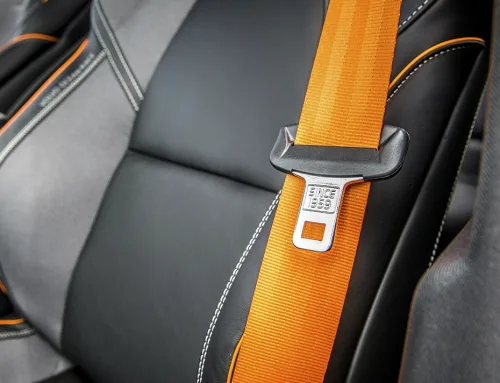
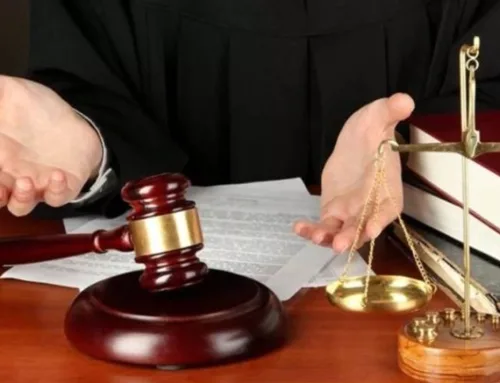
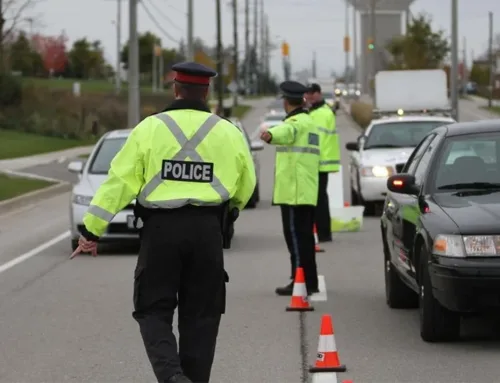
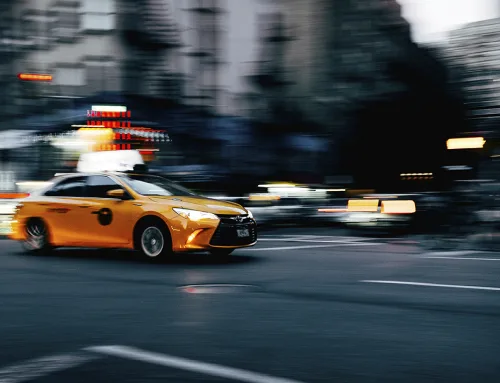
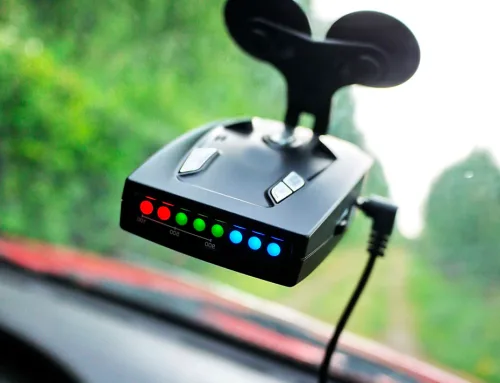
Leave A Comment
You must be logged in to post a comment.